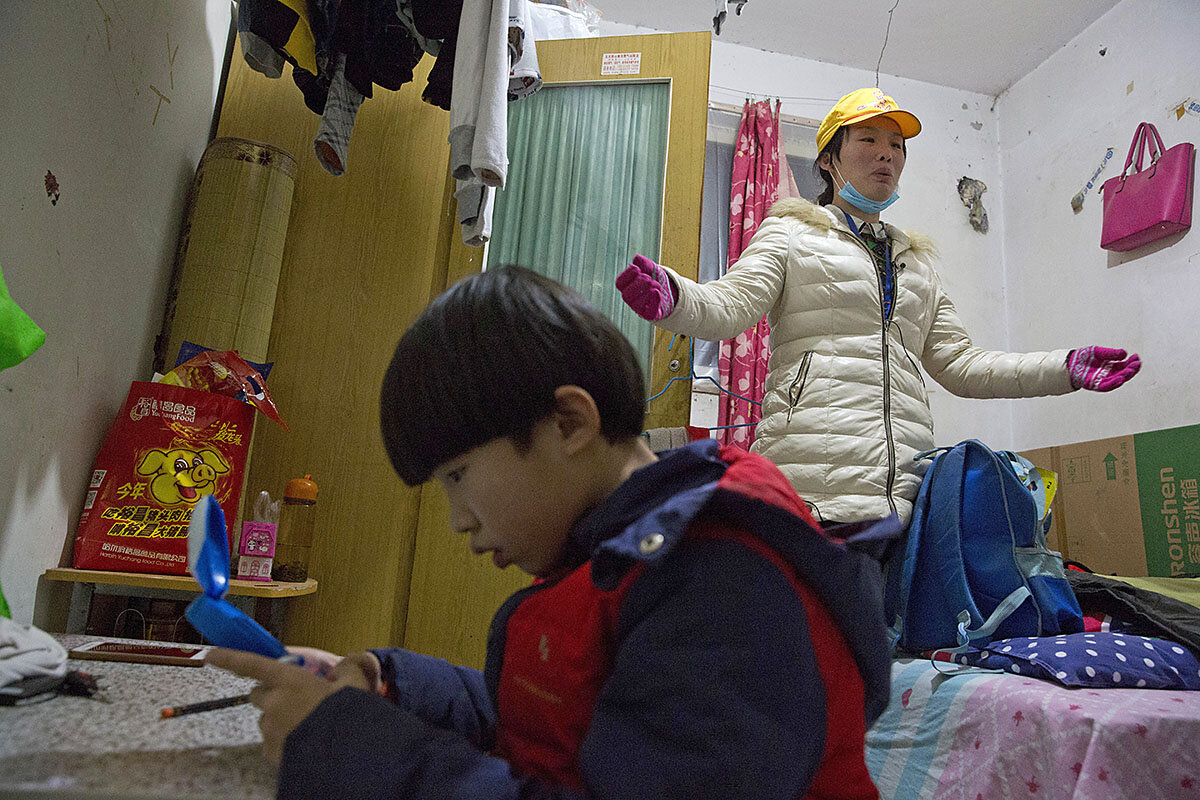Democrats, led by female senators, have taken an uncompromising stance on sexual harassment this week, pushing out two members of their own party. Women lawmakers in both the House and Senate have successfully lobbied for legislation to require mandatory harassment training in Congress. They also want to overhaul the process of reporting allegations. The women's goal: zero tolerance for harassment at the Capitol.
Monitor Daily Podcast
- Follow us:
- Apple Podcasts
- Spotify
- RSS Feed
- Download
 Yvonne Zipp
Yvonne Zipp
Rob Smart will be home for Christmas.
The septuagenarian farmer and his family were evicted at gunpoint in Zimbabwe in June by soldiers, part of a series of “land reforms” that stripped commercial farms away from white Zimbabweans without compensation. New President Emmerson Mnangagwa – who came to power last month after former leader Robert Mugabe resigned after 37 years in a de facto coup – has vowed to reverse such policies to repair the country’s shattered economy.
As staff writer Ryan Brown wrote in a lovely story about babies born on the day of Mr. Mugabe’s resignation, Zimbabweans’ faith in a new beginning for their country is tempered by having lived through the disastrous later years of Mugabe’s government. But Mr. Smart’s case gives him cause for hope. He told Reuters that the new provincial government and local authorities were working to get him back on his farm and recover property that was looted or stolen.
“We will have a Christmas with no decorations in a house that’s a bit empty,” Smart said. “But mentally it’s going to be a [jolly] nice one.”
Our West Coast reporter, Jessica Mendoza, is in Los Angeles, covering the fires that threaten America’s second-largest city.
Even before the latest blazes caused tens of thousands of people to evacuate, it was the one of the worst fire seasons in California's history. One of the Red Cross workers she spoke with is among the many aid workers and first responders who have been spending a lot of time away from home this year helping others: She’s been on the road for 75 days so far, assisting at eight natural disasters.
We'll have a story for you Friday from Jess, but here's an innovative solution she reported on earlier this fall: Western communities pioneering a cooperative approach to fighting wildfires.
Now, here are our five stories for today.










